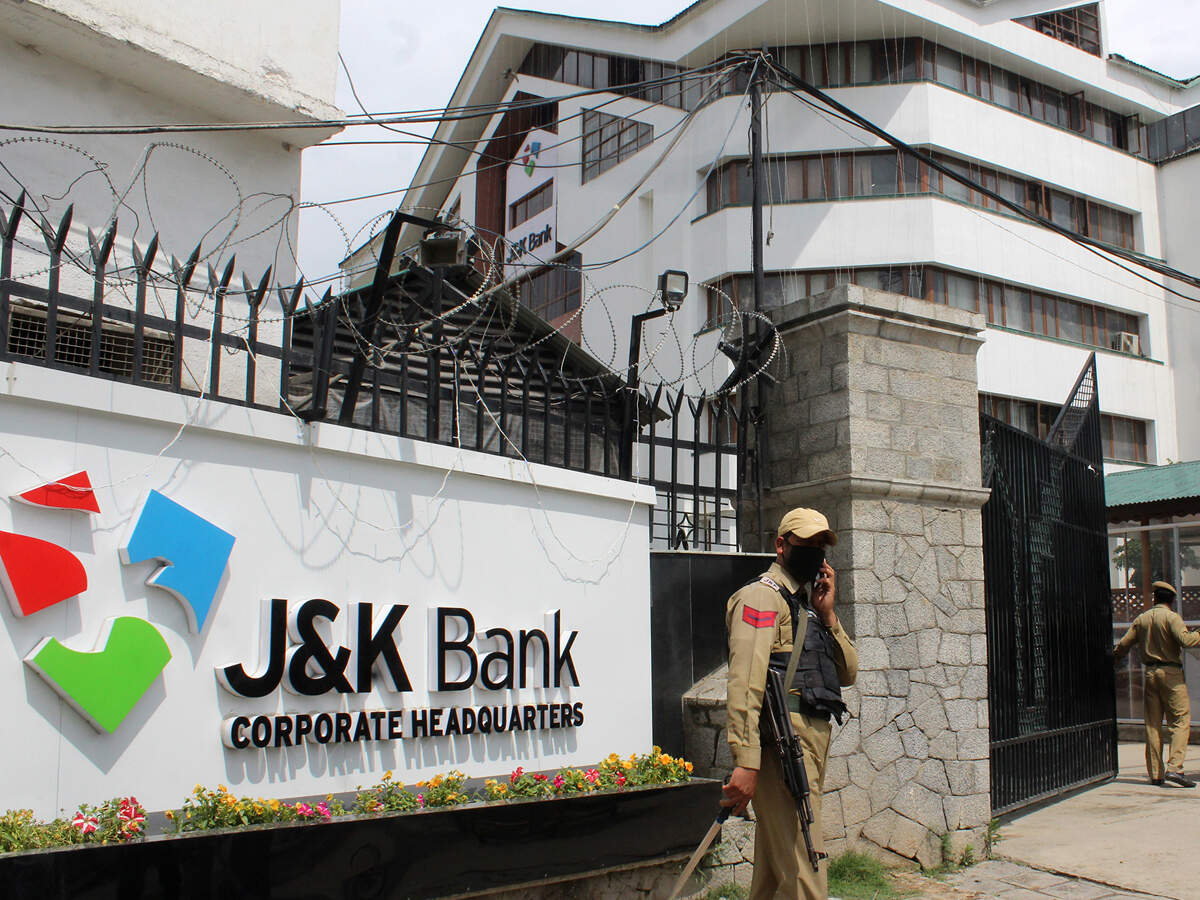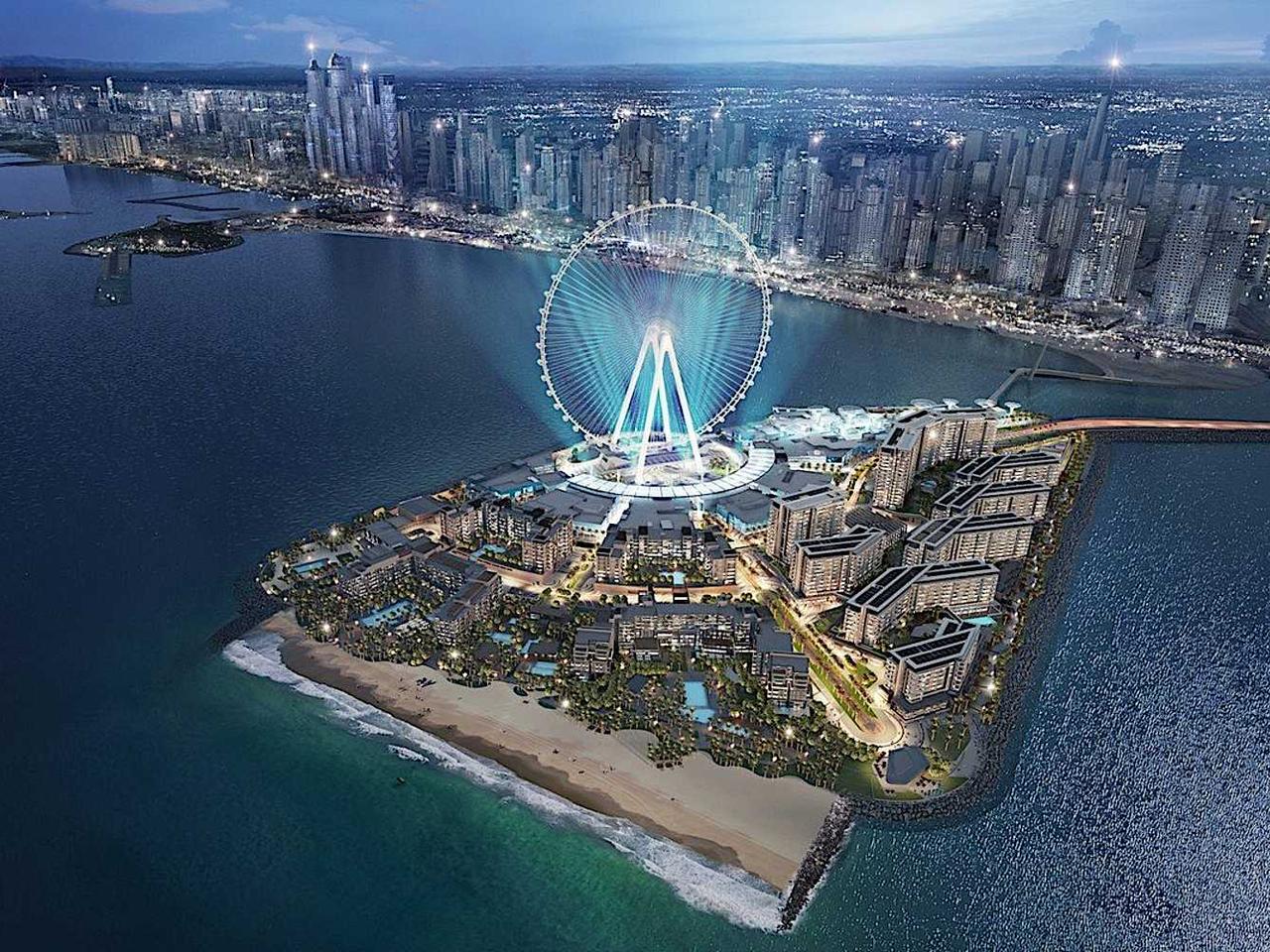Investment may return to Jammu & Kashmir, peace holds key
Highlights
- The revocation of Article 370 might bring investments back to J&K. But not until political stability and peace are restored in J&K, said business leaders
- 'I am filled with nostalgia as we were one of the early investors in Kashmir,' said Harsh Goenka, who is the chairman of RPG Enterprises
 (Representative image)
(Representative image)MUMBAI: In the late ’80s, when industrialist Rama Prasad Goenka, who founded RPG Group, set up two electronics plants in Rangret Industrial Estate, Srinagar, he must have chalked out plans to manufacture in J&K’s summer capital, for the long term.
The company made electronic laminates and printed circuit boards and employed several locals in Srinagar. Those were the days when J&K not only attracted Bollywood producers, who shot some blockbuster movies there, but business investments as well. Gradually, as the situation worsened, investments too receded and moved to safer shores.
Within two years of setting up the plants, the industrial unrest had started and the general manager of the RPG factory was shot by militants. “That’s when we were forced to exit,” recalled Harsh Goenka, the elder son of R P Goenka, who was personally involved in creating a tulip garden, getting seeds from Holland.
The revocation of Article 370 might bring investments back to J&K. But not until political stability and peace are restored in J&K, said business leaders. “I am filled with nostalgia as we were one of the early investors in Kashmir. I have no doubt that revoking Article 370 will spur investment, however, it will take some time before political stability is achieved in the region,” said Goenka, who is the chairman of RPG Enterprises.
Motilal Oswal, MD, MOFSL, said it will allow industries to establish permanent business in the state, which will help natives of the state to gain a meaningful employment. “J&K’s per capita GDP of $1,400 is less than the national average and is an opportunity. I think this is inclusive politics and will benefit the state and national economy,” said Oswal. While replying to a tweet, Kiran Mazumdar-Shaw, chairperson and MD, Biocon, said, “Article 370 was denying Kashmir the right to participate in economic prosperity. There is zero investment and no high-end jobs in J&K.”
JSW group chairman Sajjan Jindal tweeted: “The archaic Article 370 unfortunately worked against the common good of the Kashmiris. With its abolition, I am certain that nothing will stop peace, prosperity & harmony to grow in the valley and I hope that the community sees this only as a positive move for their benefit,” said Jindal. Adani Group chairman Gautam Adani said: “What the nation saw today will be truly historic if it opens the gateway for development and peace in Jammu And Kashmir. It will not just empower the Kashmiri people but make India stronger.”
Mumbai: In the late ’80s, when industrialist Rama Prasad Goenka, who founded RPG Group, set up two electronics plants in Rangret Industrial Estate, Srinagar, he must have chalked out plans to manufacture in J&K’s summer capital, for the long term.
The company made electronic laminates and printed circuit boards and employed several locals in Srinagar. Those were the days when J&K not only attracted Bollywood producers, who shot some blockbuster movies there, but business investments as well. Gradually, as the situation worsened, investments too receded and moved to safer shores.
Within two years of setting up the plants, the industrial unrest had started and the general manager of the RPG factory was shot by militants. “That’s when we were forced to exit,” recalled Harsh Goenka, the elder son of R P Goenka, who was personally involved in creating a tulip garden, getting seeds from Holland.
The revocation of Article 370 might bring investments back to J&K. But not until political stability and peace are restored in J&K, said business leaders. “I am filled with nostalgia as we were one of the early investors in Kashmir. I have no doubt that revoking Article 370 will spur investment, however, it will take some time before political stability is achieved in the region,” said Goenka, who is the chairman of RPG Enterprises.
Any growth in investments in J&K should create jobs as well. “I see this as a huge positive development in integrating Kashmir. Not only will it create employment but will also get tourism back,” said Goenka.
Motilal Oswal, MD, MOFSL, said it will allow industries to establish permanent business in the state, which will help natives of the state to gain a meaningful employment. “J&K’s per capita GDP of $1,400 is less than the national average and is an opportunity. I think this is inclusive politics and will benefit the state and national economy,” said Oswal. While replying to a tweet, Kiran Mazumdar-Shaw, chairperson and MD, Biocon, said, “Article 370 was denying Kashmir the right to participate in economic prosperity. There is zero investment and no high-end jobs in J&K.”
Industries currently operating in J&K are carpet making, silk and woolen textiles, agro-based industries, woodwork, leather and handicrafts.
Mazumdar-Shaw, however, added “it will take a while before serious investment can happen in Kashmir”. She said tax breaks and fiscal incentives can certainly accelerate the investment process.
Among other industrialists who took to Twitter to express their views, was JSW group chairman Sajjan Jindal tweeted: “The archaic Article 370 unfortunately worked against the common good of the Kashmiris. With its abolition, I am certain that nothing will stop peace, prosperity & harmony to grow in the valley and I hope that the community sees this only as a positive move for their benefit,” said Jindal. Adani Group chairman Gautam Adani said: “What the nation saw today will be truly historic if it opens the gateway for development and peace in Jammu And Kashmir. It will not just empower the Kashmiri people but make India stronger.”
However, industry sources said they do not see any boost to consumption following the removal of Article 370.
Mahindra Group chairman Anand Mahindra, tweeted: “Can only pray for the safety of everyone there and for an outcome that makes the nation stronger & the future more positive.”
The company made electronic laminates and printed circuit boards and employed several locals in Srinagar. Those were the days when J&K not only attracted Bollywood producers, who shot some blockbuster movies there, but business investments as well. Gradually, as the situation worsened, investments too receded and moved to safer shores.
Within two years of setting up the plants, the industrial unrest had started and the general manager of the RPG factory was shot by militants. “That’s when we were forced to exit,” recalled Harsh Goenka, the elder son of R P Goenka, who was personally involved in creating a tulip garden, getting seeds from Holland.
The revocation of Article 370 might bring investments back to J&K. But not until political stability and peace are restored in J&K, said business leaders. “I am filled with nostalgia as we were one of the early investors in Kashmir. I have no doubt that revoking Article 370 will spur investment, however, it will take some time before political stability is achieved in the region,” said Goenka, who is the chairman of RPG Enterprises.
Motilal Oswal, MD, MOFSL, said it will allow industries to establish permanent business in the state, which will help natives of the state to gain a meaningful employment. “J&K’s per capita GDP of $1,400 is less than the national average and is an opportunity. I think this is inclusive politics and will benefit the state and national economy,” said Oswal. While replying to a tweet, Kiran Mazumdar-Shaw, chairperson and MD, Biocon, said, “Article 370 was denying Kashmir the right to participate in economic prosperity. There is zero investment and no high-end jobs in J&K.”
JSW group chairman Sajjan Jindal tweeted: “The archaic Article 370 unfortunately worked against the common good of the Kashmiris. With its abolition, I am certain that nothing will stop peace, prosperity & harmony to grow in the valley and I hope that the community sees this only as a positive move for their benefit,” said Jindal. Adani Group chairman Gautam Adani said: “What the nation saw today will be truly historic if it opens the gateway for development and peace in Jammu And Kashmir. It will not just empower the Kashmiri people but make India stronger.”
Mumbai: In the late ’80s, when industrialist Rama Prasad Goenka, who founded RPG Group, set up two electronics plants in Rangret Industrial Estate, Srinagar, he must have chalked out plans to manufacture in J&K’s summer capital, for the long term.
The company made electronic laminates and printed circuit boards and employed several locals in Srinagar. Those were the days when J&K not only attracted Bollywood producers, who shot some blockbuster movies there, but business investments as well. Gradually, as the situation worsened, investments too receded and moved to safer shores.
Within two years of setting up the plants, the industrial unrest had started and the general manager of the RPG factory was shot by militants. “That’s when we were forced to exit,” recalled Harsh Goenka, the elder son of R P Goenka, who was personally involved in creating a tulip garden, getting seeds from Holland.
The revocation of Article 370 might bring investments back to J&K. But not until political stability and peace are restored in J&K, said business leaders. “I am filled with nostalgia as we were one of the early investors in Kashmir. I have no doubt that revoking Article 370 will spur investment, however, it will take some time before political stability is achieved in the region,” said Goenka, who is the chairman of RPG Enterprises.
Any growth in investments in J&K should create jobs as well. “I see this as a huge positive development in integrating Kashmir. Not only will it create employment but will also get tourism back,” said Goenka.
Motilal Oswal, MD, MOFSL, said it will allow industries to establish permanent business in the state, which will help natives of the state to gain a meaningful employment. “J&K’s per capita GDP of $1,400 is less than the national average and is an opportunity. I think this is inclusive politics and will benefit the state and national economy,” said Oswal. While replying to a tweet, Kiran Mazumdar-Shaw, chairperson and MD, Biocon, said, “Article 370 was denying Kashmir the right to participate in economic prosperity. There is zero investment and no high-end jobs in J&K.”
Industries currently operating in J&K are carpet making, silk and woolen textiles, agro-based industries, woodwork, leather and handicrafts.
Mazumdar-Shaw, however, added “it will take a while before serious investment can happen in Kashmir”. She said tax breaks and fiscal incentives can certainly accelerate the investment process.
Among other industrialists who took to Twitter to express their views, was JSW group chairman Sajjan Jindal tweeted: “The archaic Article 370 unfortunately worked against the common good of the Kashmiris. With its abolition, I am certain that nothing will stop peace, prosperity & harmony to grow in the valley and I hope that the community sees this only as a positive move for their benefit,” said Jindal. Adani Group chairman Gautam Adani said: “What the nation saw today will be truly historic if it opens the gateway for development and peace in Jammu And Kashmir. It will not just empower the Kashmiri people but make India stronger.”
However, industry sources said they do not see any boost to consumption following the removal of Article 370.
Mahindra Group chairman Anand Mahindra, tweeted: “Can only pray for the safety of everyone there and for an outcome that makes the nation stronger & the future more positive.”
















































All Comments ()+^ Back to Top
Refrain from posting comments that are obscene, defamatory or inflammatory, and do not indulge in personal attacks, name calling or inciting hatred against any community. Help us delete comments that do not follow these guidelines by marking them offensive. Let's work together to keep the conversation civil.
HIDE